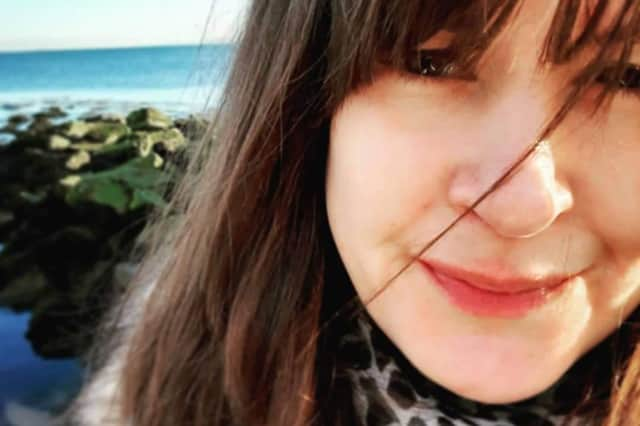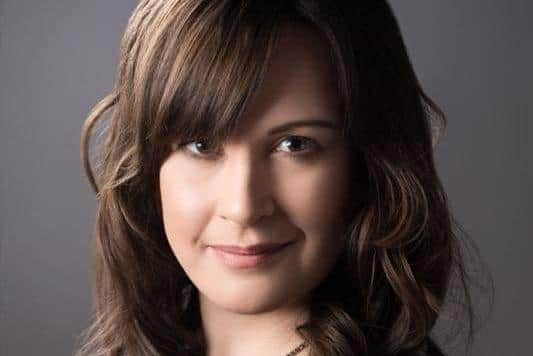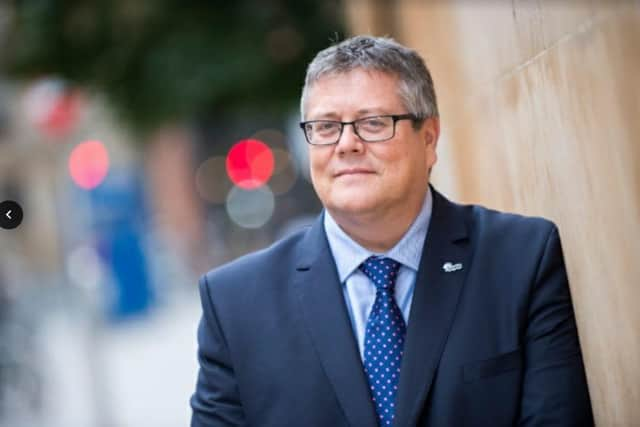Mental health charities weigh toll of pandemic one year on


A report from the Mental Health Foundation showed that loneliness has become more common during the pandemic, from 11 per cent of responses to a survey in March 2020 to 29 per cent of those surveyed in February 2021.
Feelings of hopelessness have also risen, with 20 per cent saying this year that they have felt hopeless in the last two weeks because of the pandemic, compared to 15 per cent last year.
Advertisement
Hide AdAdvertisement
Hide AdLevels of anxiety had decreased however, from 64 per cent to 44 per cent.


Lee Knifton, Director of Mental Health Foundation Scotland, said: “Our study has tracked the pandemic’s impacts on Scotland’s mental health for a year and what we see is a complex picture.
"On some measures, Scottish adults are feeling better than in March 2020, with fewer of us feeling anxious about the pandemic, but more of us now feel lonely and hopeless, which is a serious concern given that these are risk factors for mental health problems.”
The Scottish Association for Mental Health (SAMH) warned that more must be done to support those with mental health problems.
More than half of respondents to a survey by the charity said their mental health had worsened during the pandemic, and one in ten of those who had tried to speak to their GP about their mental health in the past year have been unsuccessful.


Hayley Mathieson, 37, from Dunfermline, has experienced mental health problems for a number of years, but struggled to get support during lockdown.
The group therapy programme she was on before the lockdown came into force was suspended, and she feels as though she has been hit by a “tidal wave” trying to navigate resources to find support.
“Because of the type of medication I’m on, I’m supposed to have appointments every three months and that’s not happened throughout the pandemic,” she said.
Advertisement
Hide AdAdvertisement
Hide Ad"I can’t get my medication through my GP and sometimes it’s been hard to get in touch with the psychiatrist, at times I ran out of my prescription.”
She added: “I’m grateful that I do have some coping skills from therapy and I’m undergoing treatment because I imagine it’s really hard to make that first step.”
Billy Watson, Chief Executive at SAMH said: “As we come to the one year anniversary of the first lockdown, it’s clear that more must be done to ensure people struggling with mental health problems are not forgotten.
"Today’s findings show that the coronavirus pandemic has hit people with mental health problems hard, and the experiences they have shared with us as part of this research must be recognised.”
Mr Watson said better support for mental health services must be an “absolute priority” after the pandemic.
It comes as the Scottish Government last week announced the recruitment of more than 500 mental health workers in the last three years, with ministers saying NHS Scotland is on track to recruit 800 staff members by 2022.
A message from the Editor:Thank you for reading this article. We're more reliant on your support than ever as the shift in consumer habits brought about by coronavirus impacts our advertisers.
If you haven't already, please consider supporting our trusted, fact-checked journalism by taking out a digital subscription.
Comments
Want to join the conversation? Please or to comment on this article.